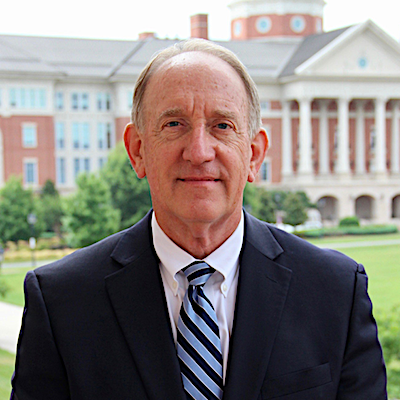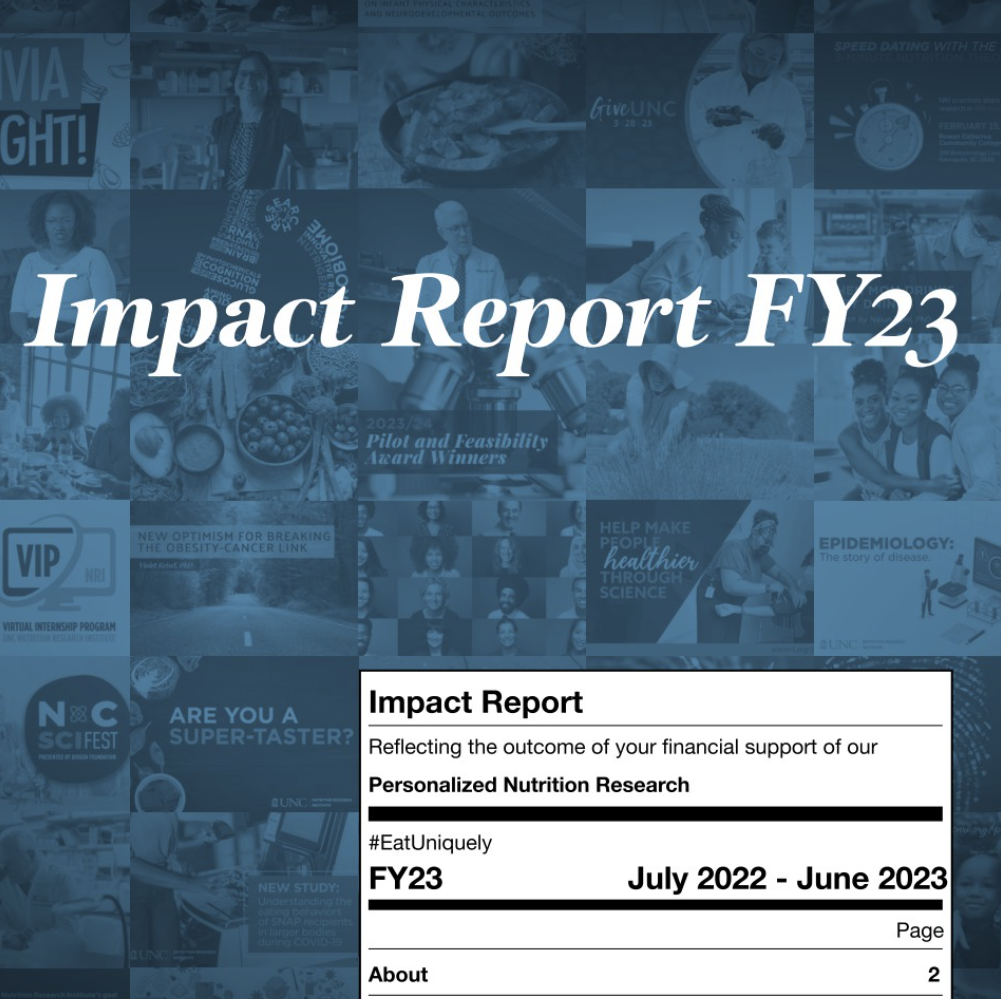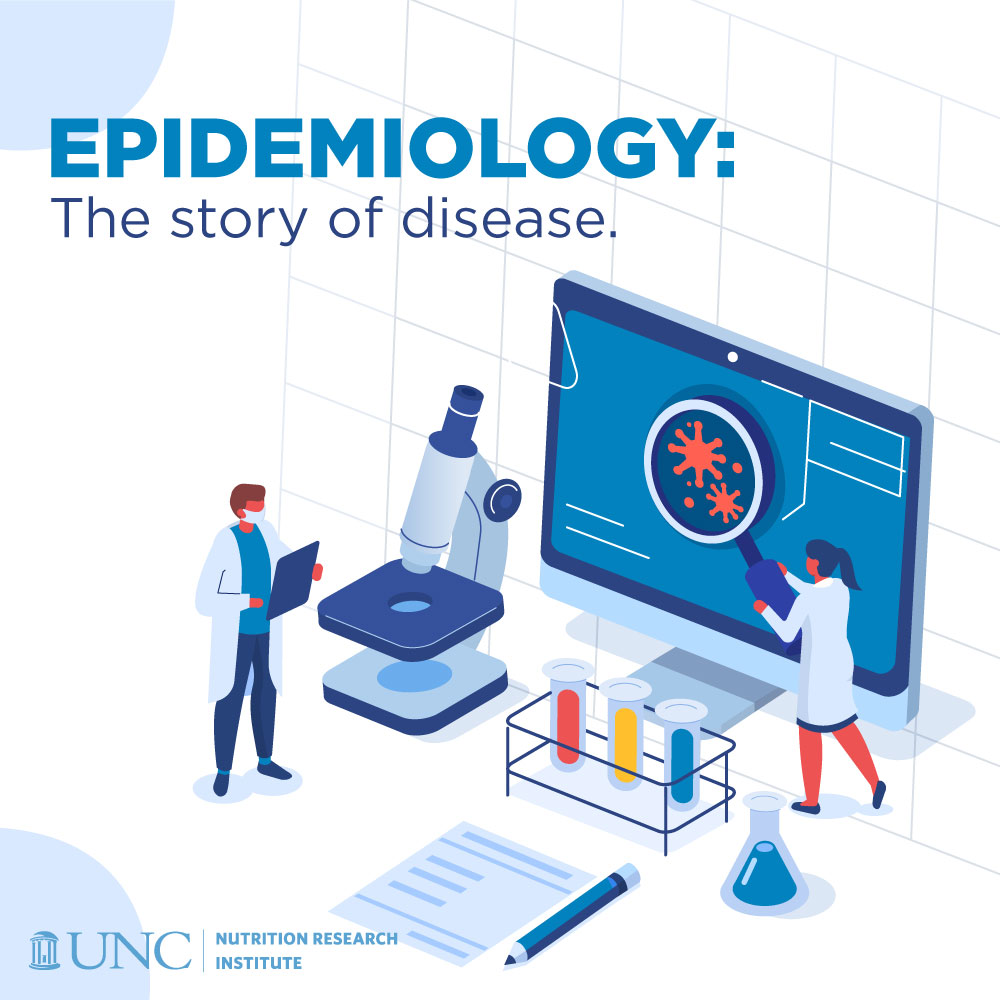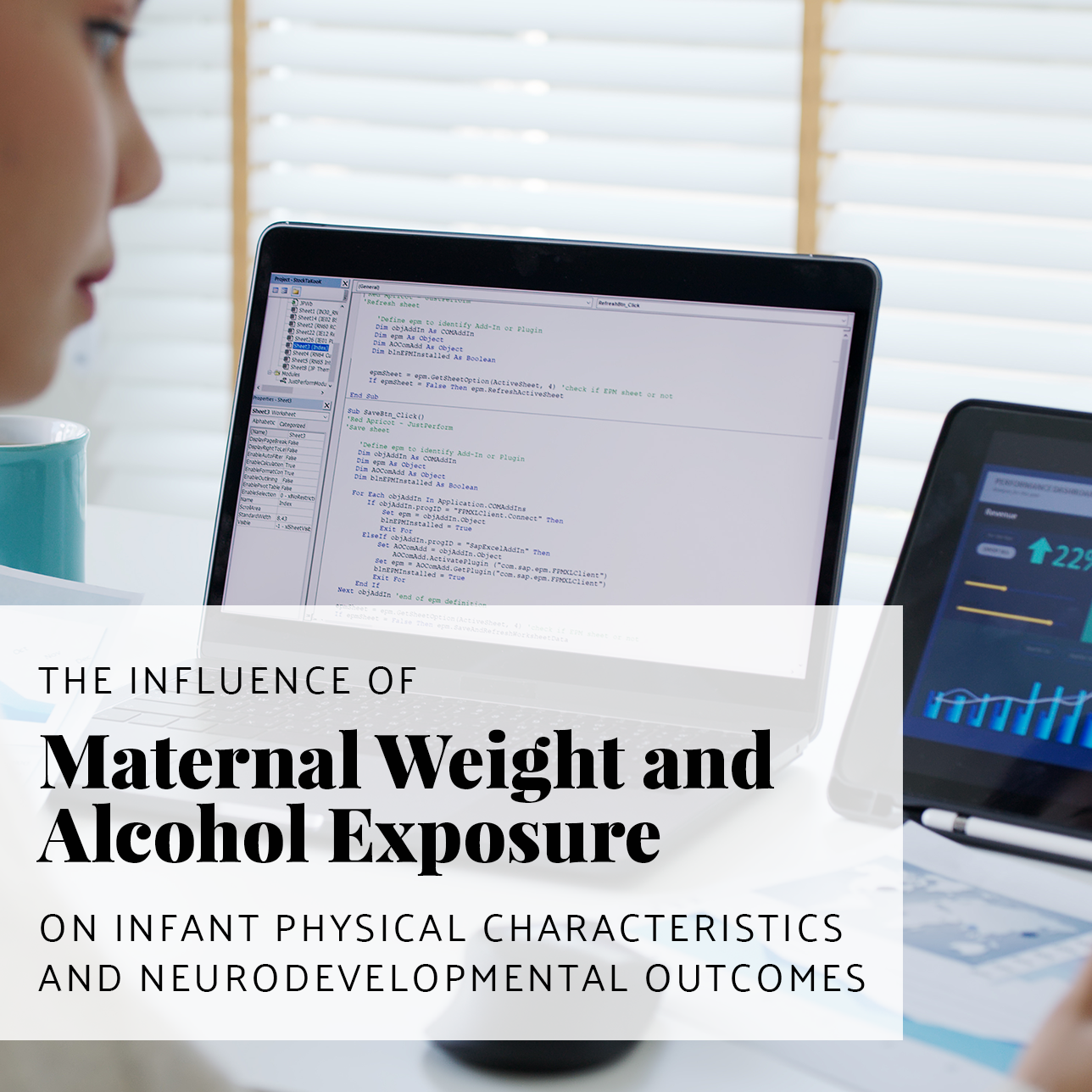Philip A. May, PhD
Professor of Nutrition
philip_may@unc.edu
704-250-5002
View CV
Philip A. May, PhD, joined the UNC Chapel Hill Nutrition Research Institute in 2011 as a Research Professor. He is an expert in the epidemiology of Fetal Alcohol Spectrum Disorders (FASD) and has published numerous papers on the epidemiology of FASD in South Africa, The United States, and Italy.
Dr. May has conducted extensive research on the epidemiology and risk factors for FASD, including inventories of the population-based traits of children within all four diagnoses of FASD, maternal risk factors, and maternal health factors such as dietary intake, maternal BMI, childbearing history, alcohol use biomarkers, and socioeconomic status. He has received funding from the National Institutes of Health (NIH), specifically the National Institute on Alcohol Abuse and Alcoholism (NIAAA), over the past 25 years. Dr. May was formally trained in demography, social epidemiology, and population studies. He and his clinical research team focus much of their research on the epidemiologic discovery of etiology, diagnosis of the full continuum of FASD, targeted opportunities for community-wide prevention, and programs of intervention.
At the NRI, Dr. May combines the knowledge gained from his on-the-ground research in the multiple states of the United States, five areas of South Africa, and the Lazio region of Italy with the institute’s advancements in developing an individualized approach to nutrition. “We have made great progress identifying the demographic and behavioral risk factors for FASD in some populations,” Dr. May explains. “We are currently examining individual variation in risk factors such as nutritional deficiencies in mothers and children including how genetics, epigenetics, and metabolism influence the severity of FASD outcomes. This emerging focus of our research will provide multiple insights and applications for precision nutrition and precision medical interventions for children living with FASD.”
Show More

Julie Hasken, PhD, MPH
Research Associate, May Lab
Julie joined the NRI in 2012 as a Project Manager for Dr. Philip May focusing on the prevalence, child characteristics, and maternal risk factors of fetal alcohol spectrum disorders (FASD) in the United States and South Africa. She earned her doctorate from the UNC-CH Department of Nutrition in 2021 and is now a postdoctoral research associate with Dr. May. Julie earned her BS in Health Science from Truman State University and a Masters in Public Health, with a concentration in Health Education and Health Behavior, from UNC-CH. Julie is also a Certified Health Education Specialist.
Collaborating Clinic Diagnostic Research Team
Fetal Alcohol Spectrum Disorders Epidemiology Research (FASER) Clinical Team Physicians
H. Eugene Hoyme, MD, FACMG, FAAP
Sanford School of Medicine, University of South Dakota
Professor Emeritus of Pediatrics and former Chairman of Pediatrics
Medical Director, Sanford Children’s Genomic Medicine Consortium
The University of Arizona, College of Medicine
Senior Advisor, Center for Applied Genetics and Genomic Medicine
Clinical Professor, Pediatrics and Medicine
Luther K. Robinson, MD
SUNY, University at Buffalo, School of Medicine
Professor Emeritus, Pediatrics
Clinical Geneticist
Margaret L.P. Adam, MD
Professor Department of Pediatrics
Clinical Genetics, Seattle Children’s Hospital
Melanie A. Manning, MD
Stanford University
Clinical Professor, Pathology
Clinical Professor, Pediatrics – Medical Genetics,
Director of the Cytogenetics Laboratory
Omar Abdul-Rahman, MD, FACMG
University of Nebraska Medical Center
Friedland Professor of Pediatrics
Director of Genetic Medicine, Munroe-Meyer Institute
Tamison Jewett, MD
Wake Forest University
Professor of Pediatrics – Medical Genetics
Wake Forest Baptist Medical Center
Brenner Children’s Hospital
Partner Institution Staff FASER Study in South Africa
Stellenbosch University, Faculty of Medicine and Health Sciences, Tygerberg, Cape Town, South Africa
Professor Soraya Seedat, MBChB, MMED (Psych), PhD
Co-PI of FASER Grants
Distinguished Professor of Psychiatry
Executive Head, Department of Psychiatry
Stellenbosch University, Faculty of Medicine and Health Sciences
Tygerberg, Cape Town, South Africa
Charles D. Parry, MA, MSc, PhD
Co-PI of FASER Grants in South Africa
South African Medical Research Council
Director, Alcohol, Tobacco & Other Drug Research Unit
Stellenbosch University, Faculty of Medicine and Health Sciences
Extraordinary Professor, Department of Psychiatry
Anna-Susan Marais, B. Cur., RN
Program Manager-FASER-SA Studies
Stellenbosch University, Faculty of Medicine and Health Sciences
Stellenbosch University, FASER Central Office, Tygerberg, SA
Andrea Engelbrecht, M.Th Theology
Administrator-FASER-SA Study
Stellenbosch University, Faculty of Medicine and Health Sciences
Stellenbosch University, FASER Central Office, Tygerberg, SA
Shumaya H. Uithaler
Data Clerk, FASER-SA Study
Stellenbosch University, Faculty of Medicine and Health Sciences
Stellenbosch University, FASER Central Office, Tygerberg, SA
Suzelle Kruger
Data Analyst, FASER SA Study
Stellenbosch University, Faculty of Medicine and Health Sciences
Stellenbosch University, FASER Central Office, Tygerberg, SA
Marlene De Vries, MSW, (Ph.D. Candidate)
Project Manager-FASER-SA Study
Stellenbosch University, Faculty of Medicine and Health Sciences
Robertson Study Site, Robertson, SA
Carisa Siemens, BSW
Senior Project Officer-FASER-SA Study
Stellenbosch University, Faculty of Medicine and Health Sciences
Robertson Study Site, Robertson, SA
Gabriela P. Carolus, MA
Project Officer-FASER-SA Study
Stellenbosch University, Faculty of Medicine and Health Sciences
Robertson Study Site, Robertson, SA
Priscilla E. Fortuin
Driver and Field Outreach -FASER-SA Study
Stellenbosch University, Medicine and Health Sciences
Robertson Study Site, Robertson, SA
Florette Kamfer
Driver and Field Outreach-FASER-SA Study
Stellenbosch University, Medicine and Health Sciences
Robertson Study Site, Robertson, SA
Cecilia Kriel, BA
Project Officer
Stellenbosch University, Medicine and Health Sciences
Robertson Study Site, Robertson, SA
Partner Institution Staff FASER Study in South Africa
The University of New Mexico, Albuquerque, New Mexico, USA
Center on Alcoholism, Substance Abuse, and Addictions
Wendy O. Kalberg, MA, LED
Co-PI, The University of New Mexico Office
The University of New Mexico
Clinical Research Associate, Educational Diagnostics and Development Specialist
Center on Alcoholism, Substance Abuse, and Addictions
David Buckley, MA
Data Research Analyst and IRB Coordinator
University of New Mexico
Center on Alcoholism, Substance Abuse, and Addictions
Partner Institutions
Stellenbosch University, Faculty of Medicine and Health Sciences
 Celebrating its centennial in 2018, Stellenbosch University is one of the oldest universities in South Africa. The university, located in the Western Cape province of South Africa, is among South Africa’s leading tertiary institutions based on research output, student pass rates and rated scientists, and is recognized internationally as an academic institution of excellence. It is home to an academic community of more than 31,000 students, including 4,000 foreign students from 100 countries, as well as 3,400 permanent staff members on five campuses. Stellenbosch University is a member of the Academic Consortium for the 21st Century, an international network aimed at promoting cooperation in education and research between its members. Nestled between picturesque mountains in the Cape Winelands, Stellenbosch University offers a beautiful environment to students who choose to study there. Click here to learn more about Stellenbosch Medicine and Health Sciences.
Celebrating its centennial in 2018, Stellenbosch University is one of the oldest universities in South Africa. The university, located in the Western Cape province of South Africa, is among South Africa’s leading tertiary institutions based on research output, student pass rates and rated scientists, and is recognized internationally as an academic institution of excellence. It is home to an academic community of more than 31,000 students, including 4,000 foreign students from 100 countries, as well as 3,400 permanent staff members on five campuses. Stellenbosch University is a member of the Academic Consortium for the 21st Century, an international network aimed at promoting cooperation in education and research between its members. Nestled between picturesque mountains in the Cape Winelands, Stellenbosch University offers a beautiful environment to students who choose to study there. Click here to learn more about Stellenbosch Medicine and Health Sciences.
University of New Mexico
 Founded in 1889 as New Mexico’s flagship institution, The University of New Mexico now occupies nearly 800 acres near old Route 66 in the heart of Albuquerque, a metropolitan area of more than 500,000 people. From the magnificent mesas to the west, past the banks of the historic Rio Grande to the Sandia Mountains to the east, Albuquerque is a blend of culture and cuisine, styles and stories, people, pursuits and panoramas.
Founded in 1889 as New Mexico’s flagship institution, The University of New Mexico now occupies nearly 800 acres near old Route 66 in the heart of Albuquerque, a metropolitan area of more than 500,000 people. From the magnificent mesas to the west, past the banks of the historic Rio Grande to the Sandia Mountains to the east, Albuquerque is a blend of culture and cuisine, styles and stories, people, pursuits and panoramas.
Offering a distinctive campus environment with a Pueblo Revival architectural theme, the campus buildings echo nearby Pueblo Indian villages. The nationally recognized campus arboretum and the popular duck pond offer an outstanding botanical experience in the midst of one of New Mexico’s great public open spaces. Click here to learn more about the University of New Mexico.
Impact Report FY23
Epidemiology: The story of disease.
Every good story includes the “5 Ws”: who, what, where, when, and why. In studying how disease begins and remains in a population, we’re writing the story of that disease, and we use the same technique. Understanding the various approaches to the “5 Ws” of a given...
The influence of maternal weight and alcohol exposure on infant physical characteristics and neurodevelopmental outcomes
A new study from NRI scientists, Julie Hasken, PhD, MPH, and Philip May, PhD, published on ScienceDirect in May 2022 examines the influence of maternal weight and alcohol exposure in infant physical characteristics and neurodevelopment outcomes. Dr. Hasken was the...
Con-grad-u-lations, Julie Hasken!
Congratulations to Julie Hasken, the Nutrition Research Institute’s newest PhD! Julie earned her doctorate from the UNC Chapel Hill Department of Nutrition in 2021 and is now a postdoctoral research associate with Dr. Philip May. Julie joined the NRI in 2012 as a...





